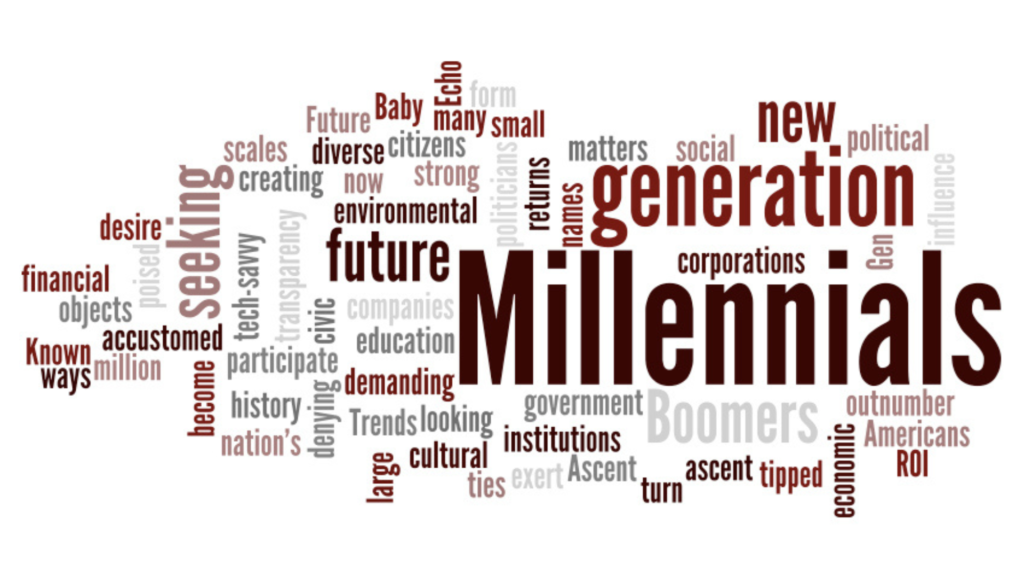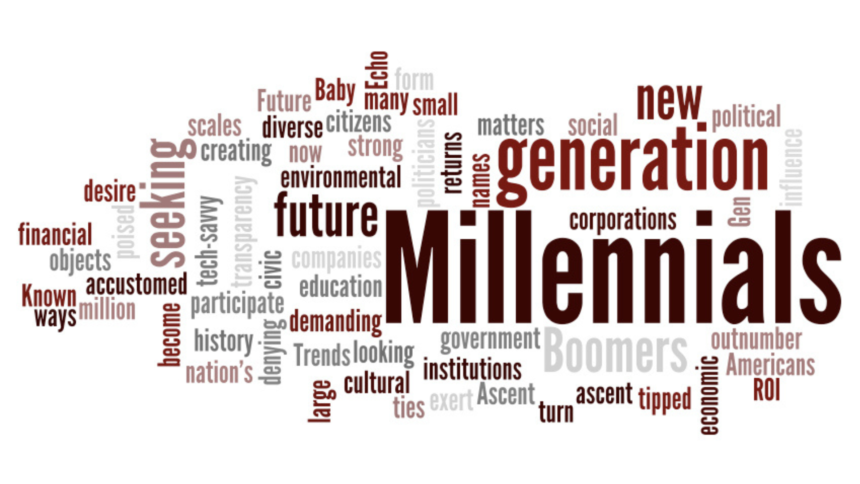When did “lol” develop into the equal of a punctuation mark for millennials?
Nick Russell, a millennial from Memphis, Tennessee, tacks “lol” onto texts to sidestep probably awkward or loaded dialogue.
“It’s the distinction between texting ‘I believe I like you’ to a crush versus ‘I believe I like you, lol,‘” Russell stated. “Within the latter case, I may all the time depend on the previous ‘simply kidding!’”
“It helps lighten the interior rigidity I may very well be feeling about no matter I’m sending,” he added.
Rebecca Reynoso, a millennial from Chicago, deploys a breezy “lol” on the finish of her work texts and chats to take the sting off any message. It’s a technique to shortly set up tone; a “lol” tells her co-workers she’s “approachable” and “non-threatening.”
“It’s like a tension-breaking mechanism,” she advised HuffPost.
It defuses the potential for hostility in private relationships, too. “Might you wash the dishes, lol” to your partner or roommate sounds loads higher than a rough, curtly communicated, “Might you wash the dishes.” (When you hadn’t observed, millennials and youthful generations have killed off the query mark.)
“’Lol’ has been round for therefore lengthy that its which means advanced, like a Pokémon. And but, it clearly belongs to the digital realm that some folks nonetheless discover complicated.”
– DARIA BAHTINA, A LINGUISTICS LECTURER AT THE UNIVERSITY OF CALIFORNIA, LOS ANGELES
Alex Liggett, a millennial from Pittsburgh, likens millennials’ “lol” overuse to “a scream on the state of the world.”
“My default mode is to really feel that what I’ve to say isn’t essential, so it’s additionally form of a terrific eraser,” he stated. “However I’ve transitioned to ‘haha’ as a substitute of ‘lol’ as a result of I learn that ‘lol’ is millennial-coded.”
Let Gen Z and Gen Alpha scoff at “lol” all they need. Most millennials say if you wish to take their “lol,” you’ll need to pry it from their chilly, useless fingers.
“Tone is simply so onerous to convey by textual content in any other case,” stated Kashif Pasta, a director and author who’s a millennial.
Too many emojis in texts could make you look unhinged. However you additionally don’t wish to appear to be an ice queen. Even a easy, simple interval on the finish of a sentence feels too stern, Pasta stated.
“In real-life conversations, we’d smile, subtly chuckle or giggle in moments that aren’t technically humorous in any respect,” he stated. “With ‘lol,’ we’re simply going, ‘Hey … you’re protected.’”
The way in which Pasta sees it, millennials, these born between 1981 and 1996, are just like the pilot era for textual content and on-line messaging, having gone from an internet-free existence to an internet-centric one — and “lol” has been with them for many of that shift.
“We’re the precise proper age to think about electronic mail as a proxy for bodily mail and texting as a proxy for telephone calls or in-person conversations,” he stated. “We realized to textual content on T9 telephones with texts that value cash and had character limits, so area was at a premium and we needed to convey context as effectively as potential.”
Right here’s why linguists assume millennials can’t cease ‘lol’-ing
Daria Bahtina, a linguistics lecturer on the College of California, Los Angeles, thinks “lol” is a real linguistic chameleon ― and used a really millennial comparability to make her level.
“It’s been round for therefore lengthy that its which means advanced, like a Pokémon,” Bahtina advised HuffPost. “And but ‘lol’ clearly belongs to the digital realm that some folks nonetheless discover complicated.”
It began out as “giggle out loud,” but it surely’s lengthy since transmogrified right into a mark of humility and self-deprecation: “Don’t take this — or me — too severely. I positive don’t.”

“For millennials, it’s a technique to both make a impartial message hotter and extra informal or a technique to make a extra unfavourable message well mannered,” Bahtina stated. “It’s like hedging or minimizing a request with ‘no biggie if you happen to disagree.’”In additional educational phrases, “lol” is what linguists wish to name a discourse marker, stated Anna-Marie Sprenger, a Ph.D. candidate in linguistics on the College of Chicago.
“A discourse marker is slightly phrase or phrase that helps arrange a thought or a piece of dialog in a approach that signifies the form of ‘taste’ of how the speaker or author needs that little bit of language interpreted by their interlocutor,” Sprenger advised HuffPost.
Within the English language, these might be cute interjections: “oh,” “properly,” “so,” “you already know” and “I imply.”
Apparently, each every now and then, “lol” is explicitly passive-aggressive.
“For one challenge at UCLA, college students noticed that there’s been a light enhance of ‘lol’ as passive aggression,” Bahtina stated. “They observed extra passive-aggressive tweets carrying ‘lol’ on the finish slightly than at first or finish of a sentence.”
Right here’s why therapists assume millennials cling so onerous to ‘lol’
Now that we’ve gotten the linguistic breakdown, let’s delve deeper into the millennial psyche: What does it imply for a era to really feel so obligated to be self-deprecating and good-humored on a regular basis? Are they OK?
“I believe utilizing ‘lol’ after a sentence is a technique to giggle issues off while you concern burdening others, which is such a outstanding fear of our era,” stated Lindsey Gallop, a therapist at CZ Remedy Group in Denver.
Jordan Kurtz, additionally at CZ Remedy Group, appears at “lol” as a technique to get a ways between your self and any knotty emotional content material. Vulnerability is frightening, particularly over textual content.
“It’s the distinction between ‘I’m having a tough day at the moment’ and ‘I’m having a tough day at the moment, lol,’” Kurtz stated. “With the previous, private wrestle is allowed to have gravity.”
Maya Nehru, a millennial marriage and household therapist in Los Angeles, stated she’s observed two frequent, generational themes that may be driving “lol” overuse: the concern of loss and the nervousness round being judged and culturally forged off.
“We millennials have lived by a interval of monumental change and disruption on many ranges. It’s what defines us, and with change comes loss to a point,” Nehru stated. “Maybe including ‘lol’ to texts is the millennial’s approach of defending themselves from potential loss ― perhaps we’re attempting to save lots of face.”
Plus, millennials have grown up alongside social media, the place criticism and judgment are rampant and the potential to be dragged is ever current.
“I believe the ‘lol’ is a habits that subconsciously eases our nervousness round being preferred, belonging and sustaining our sense of self,” Nehru stated.

Girls are most likely extra seemingly to make use of it, too, stated Kelly McKenna, a therapist in New York Metropolis.
“Many millennials, particularly ladies, are consistently worrying about different folks’s emotions and attempting to handle different folks’s reactions to something they are saying or do,” she stated. “By including ‘lol,’ it helps lighten the temper and hopefully reduces the danger you would possibly upset somebody by speaking assertively.”
Regardless of the causes for the “lol” reflex, linguists say it’s spectacular how a lot heavy lifting these three little letters do.
Earlier generations might need thought-about digital communication as a “lean media” — inadequate for conveying the depth of our ideas and emotions and missing the heat of face-to-face communications ― however Bahtina stated that millennials “have lengthy defied this notion.”
“Youthful generations are so adept at utilizing a dynamic mixture of punctuation, capitalization, artistic respellings, particular symbols, abbreviations and emojis,” she stated. “Millennials discovered a technique to transport the richness of human expression into the realm of texts and tweets, crafting a language that’s simply as expressive and nuanced as face-to-face dialog.”
Help HuffPost
At HuffPost, we consider that everybody wants high-quality journalism, however we perceive that not everybody can afford to pay for costly information subscriptions. That’s the reason we’re dedicated to offering deeply reported, fastidiously fact-checked information that’s freely accessible to everybody.
Whether or not you come to HuffPost for updates on the 2024 presidential race, hard-hitting investigations into important points going through our nation at the moment, or trending tales that make you giggle, we admire you. The reality is, information prices cash to provide, and we’re proud that we have now by no means put our tales behind an costly paywall.
Would you be part of us to assist hold our tales free for all? Your contribution of as little as $2 will go a great distance.









